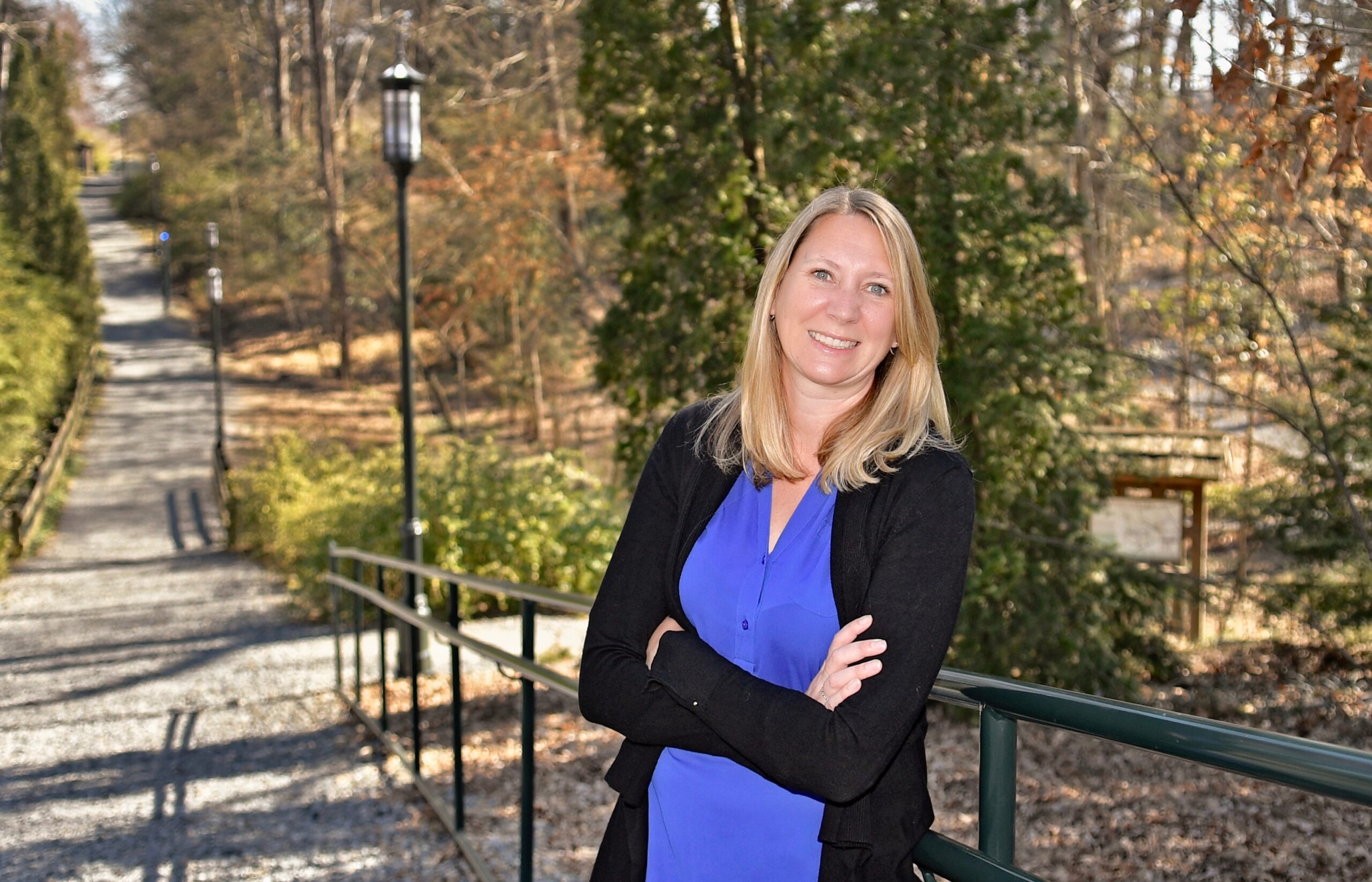Colleen Hammelman, assistant professor in the Department of Geography and Earth Sciences, received a prestigious National Science Foundation Faculty Early Career Development Program (CAREER) Award in spring 2020 to study population change and gentrification in urban foodscapes.
With her five-year funding, which is expected to total $461,555, Hammelman is investigating the impact of changing urban economies on landscapes created and used by underrepresented populations. Her research broadly considers questions of social justice in urban food systems.
“My NSF CAREER grant examines the ways in which ways migrant foodways in Charlotte, Atlanta and Washington, D.C. are impacted by the economic and geographic growth of those cities,” Hammelman says. “Understanding these dynamics is important for making visible how migrant communities express and maintain their identities, form relationships, and potentially signal a neighborhood is ripe for gentrification.”
Urban landscapes in Charlotte, Atlanta, and Washington, D.C. have seen new investments as a result of dense, modern, transit-oriented development and an influx of upscale coffee, grocery, and other food retail establishments.
These investments have the potential to change settlement and entrepreneurship patterns, such as through rising rent for homes and small businesses.
Through the illustrative lens of food systems analysis, Hammelman’s CAREER project is systematically investigating the ways that restaurants, groceries, food trucks, and other elements are changing urban landscapes; where and how new foodscapes are constructed; and the implications of this relocation on cultural, social, and economic outcomes for diverse groups.

The longitudinal and comparative project will analyze demographic and property data, as well as data generated by gentrification field surveys, in-depth interviews, and interactive community forums with key stakeholders.
The project also will broaden participation in STEM while educating undergraduate and graduate students in geographic research. Students will participate in landscape surveys and will contribute in-depth migrant stories to a digital database. They will develop digital research and communication skills, by gaining experience in refined gentrification research methods and digital media creation.
“Through the engagement of community practitioners, this research will contribute to a scholar-activist/activist-scholar intellectual community seeking to utilize research to enhance migrant outcomes,” Hammelman says in her research proposal.
Hammelman will share results with social service providers, community organizations, and local government agencies, with implications for human health and wellbeing.
“Given the growing rates of migrant groups in new gateway cities across the US, it is important to better understand their movement throughout these cities and the resulting impacts on their integration and settlement.”
— Colleen Hammelman
Social service providers, community organizations, and local government agencies can better address the needs of these communities with more information about where communities are relocating.
Research results will make visible the impacts of development decisions on diverse communities while also advancing theory in urban geography and food studies. This is important, as existing research has not sufficiently examined the impacts of revitalization processes on urban and suburban foodscapes.
Broadly speaking, Hammelman’s research focuses on social justice and urban food systems from a geographic perspective.
“The impact of my community engaged community scholarship in cities across the Americas is demonstrating that social justice is influenced by local and global policy, large social movements and quiet everyday action,” she says. “Through the grounding in interdisciplinary collaboration, it is clear that solving food system inequities requires expertise and action from multiple perspectives and knowledge creators.”
Her work ranges from investigating the impacts of changing urban economies on migrant food entrepreneurship, to exploring the impact of global political economic systems on urban agriculture, to examining the ways that food systems can impact economic mobility.
“My research seeks to build our understanding of – and support for – marginalized communities that are building more just and sustainable food systems.”
— Colleen Hammelman
Hammelman is incoming director of the Charlotte Action Research Project (CHARP), which is funded by UNC Charlotte’s Metropolitan Studies & Extended Academic Programs. CHARP works with neighborhood partners around creating service-learning opportunities, engaging in action research, and connecting campus partners to neighborhood partners.
Before joining UNC Charlotte in 2017, she was a Connaught Post-doctoral Fellow at the Culinaria Research Centre at the University of Toronto-Scarborough. Hammelman earned a doctoral degree in geography and urban Studies from Temple University, a master’s degree in international affairs from American University and a bachelor’s degree in political science and technical journalism from Colorado State University. She teaches undergraduate and graduate courses in urban geography, food systems, social justice, and qualitative research methods.
Words: Lynn Roberson, CLAS Communications Director | Image of Hammelman: Kat Lawrence, University Photographer








